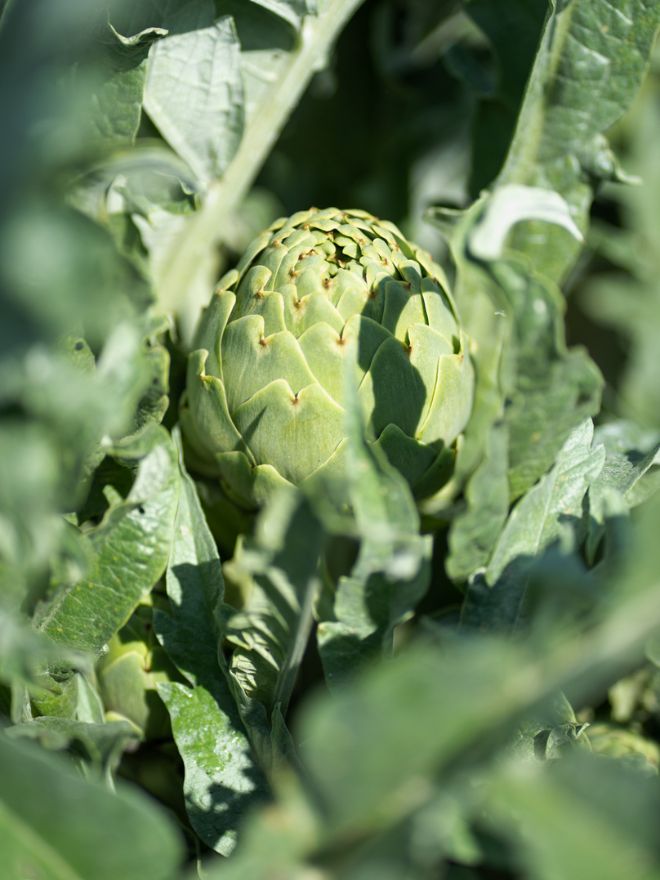The etymology of the name Rosemary is rather poetic, meaning SEA MIST, from the Latin ROS MARINUS. The Rosemary plant thrives in coastal areas, where it grows spontaneously and luxuriantly.
Rosemary is an aromatic herb that reminds us of home, a corner of the vegetable garden, the aroma of lunch being prepared in the kitchen.
It grows into a large dense bush of stems lined with small narrow leaves that are dark green on top and light green underneath. Its purple-blue flowers release an intense fragrance. In the right conditions, it will root itself.

TIPS FROM THE GARDENER
Pruning
Rosemary is an evergreen shrub and needs minimal pruning, just a trimming off of dry stems and flowers.
The trick with pruning rosemary is to use a bypass pruner rather than a hedge cutter, to allow the pruner to be slipped vertically into the plant. It must be cut back each year to avoid new growth from old, woody stems.

Propagation
It is easy to grow your own rosemary from a cutting. If you would like to decorate your terrace or garden with several rosemary bushes, spring is the season to get started. To grow rosemary from a cutting, just follow these easy steps.

- During the spring months of March and April, cut a few 10 cm long twigs from your bush.
- Carefully make a small incision in the wood where it was cut from the bush: the new roots will emerge from this little opening.
- Plant the stems straight into the ground.
FUN FACT
Rosemary wood was used in pagan rituals, as an ointment to purify priests’ hands, or as an incense. In Medieval times it was used to make talismans against poisoning. According to legend in various regions of the Mediterranean, it was a sacred plant in which fairies would hide or live.






